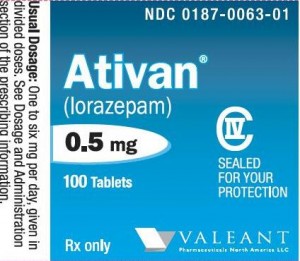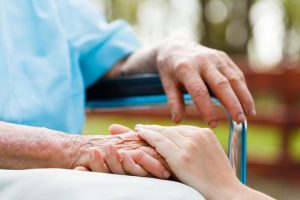A caregiving daughter brought up a common question during a Helping Older Parents Q&A call:
“How can I find a geriatrician near me to review medications, and help care for my mother with dementia?”
As you may have noticed if you’re a regular reader, I often emphasize the importance of spotting and reducing risky medications, especially those associated with falls or memory problems.
Understandably, this caregiver wants to find a geriatrician who can review her mother’s medications, and otherwise oversee her mother’s care.
Now, medication review is usually included in geriatrics primary care. Geriatric care, after all, means healthcare modified to be a better fit with what happens as people get older. And being careful with medications is pretty integral to this approach.
But, although geriatric primary care is certainly worth looking for, it can be hard to find. (Read on for suggestions below.)
So it’s good to have a plan B, which can be getting a medication review — and fall risk assessment — outside of geriatric primary care. This can also be a good option if your parents are reluctant to change primary care doctors.
In this article, I’ll describe 3 places to look for geriatric primary care, and then 3 options for medication review.
[Read more…]










